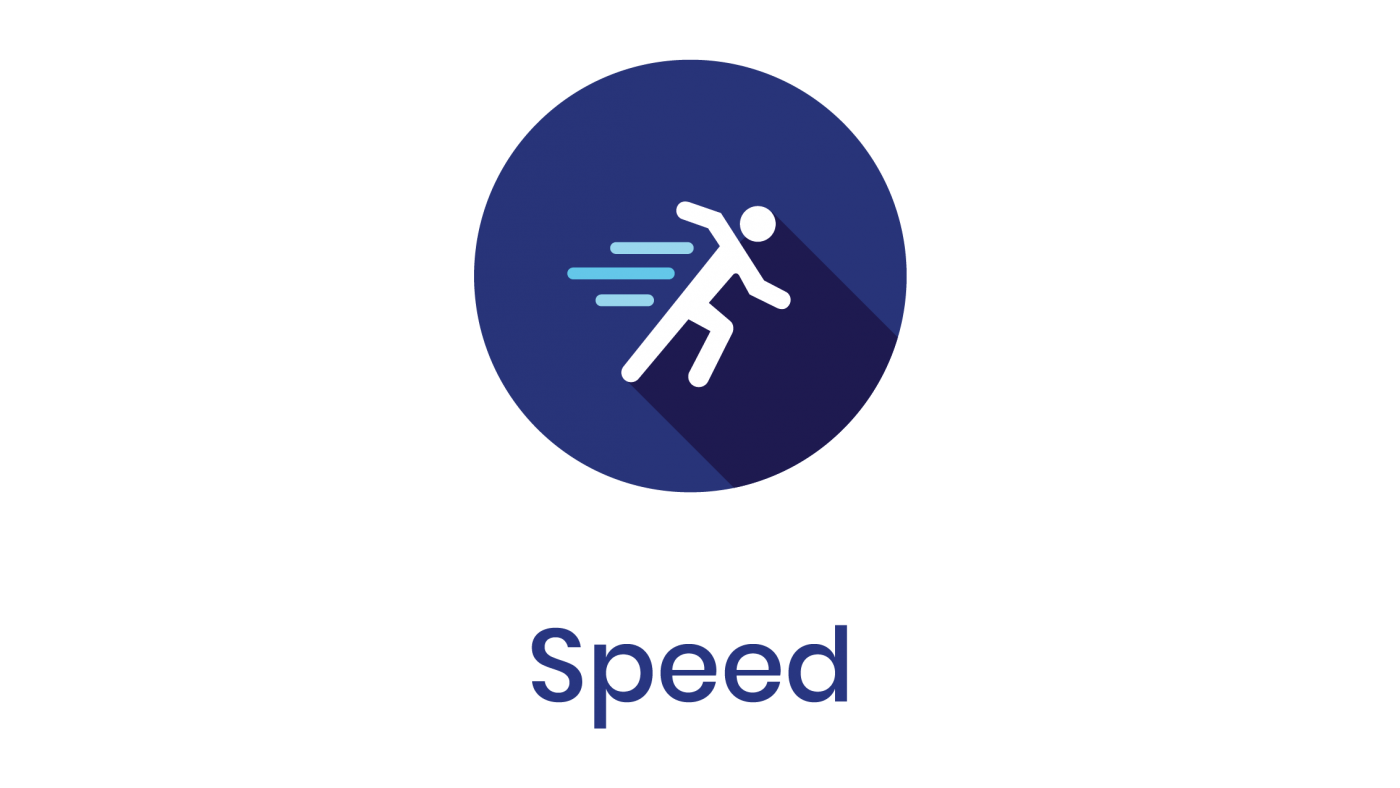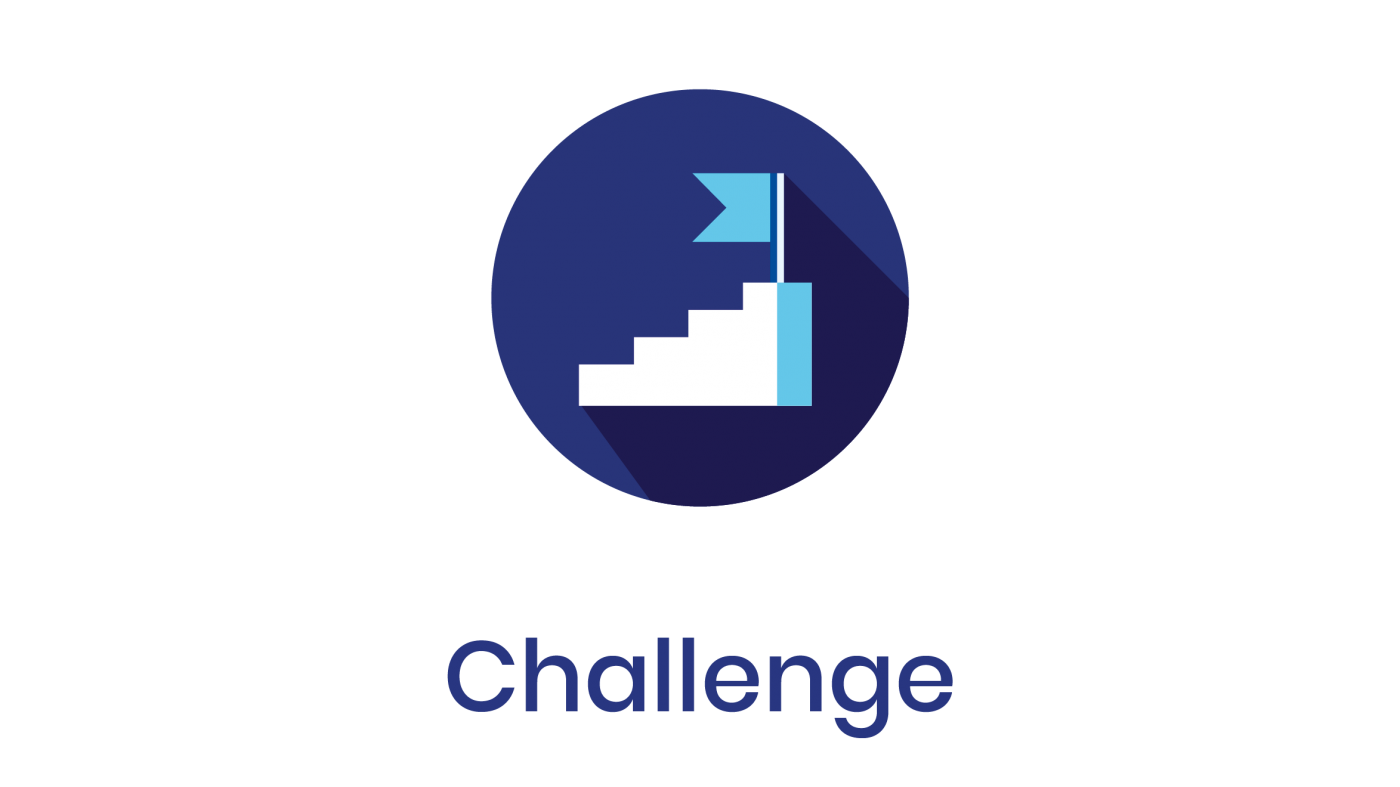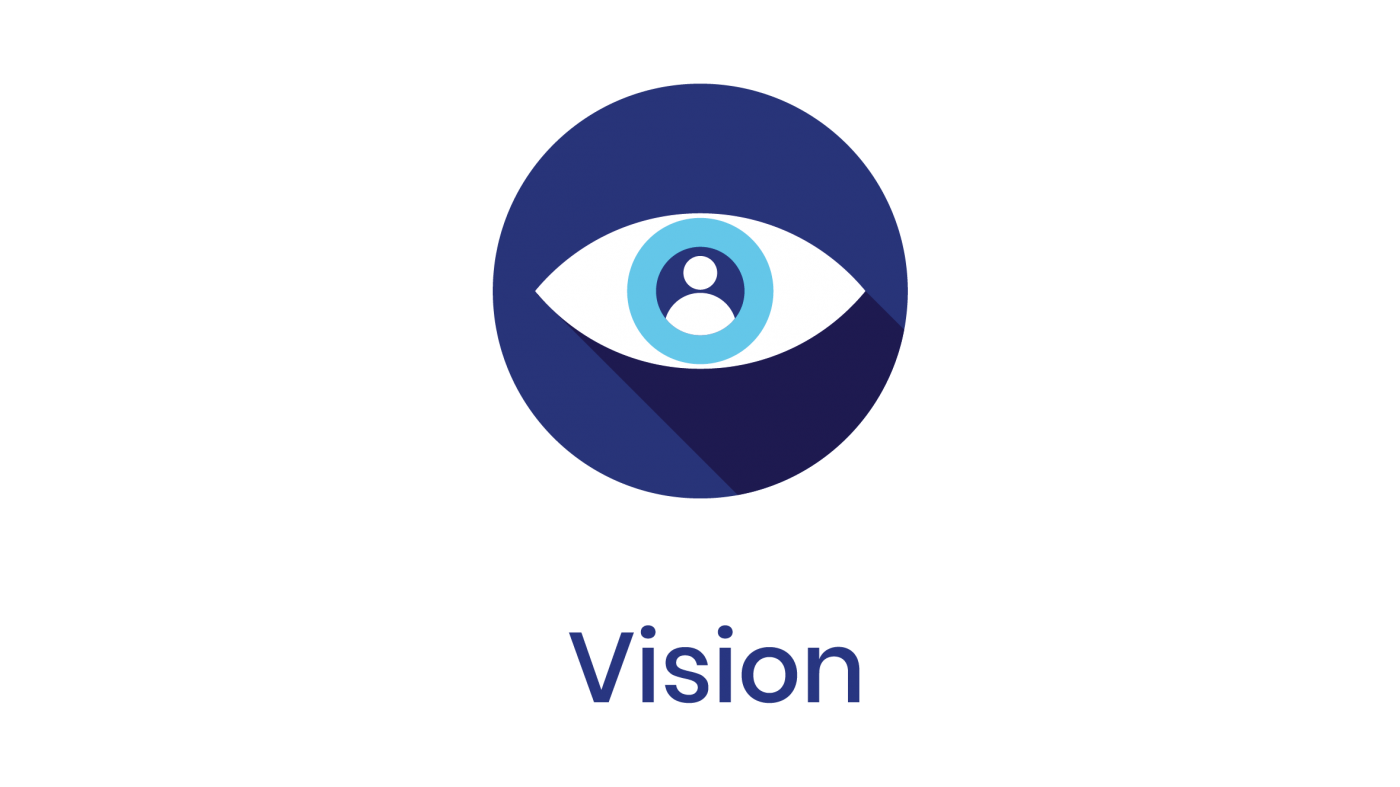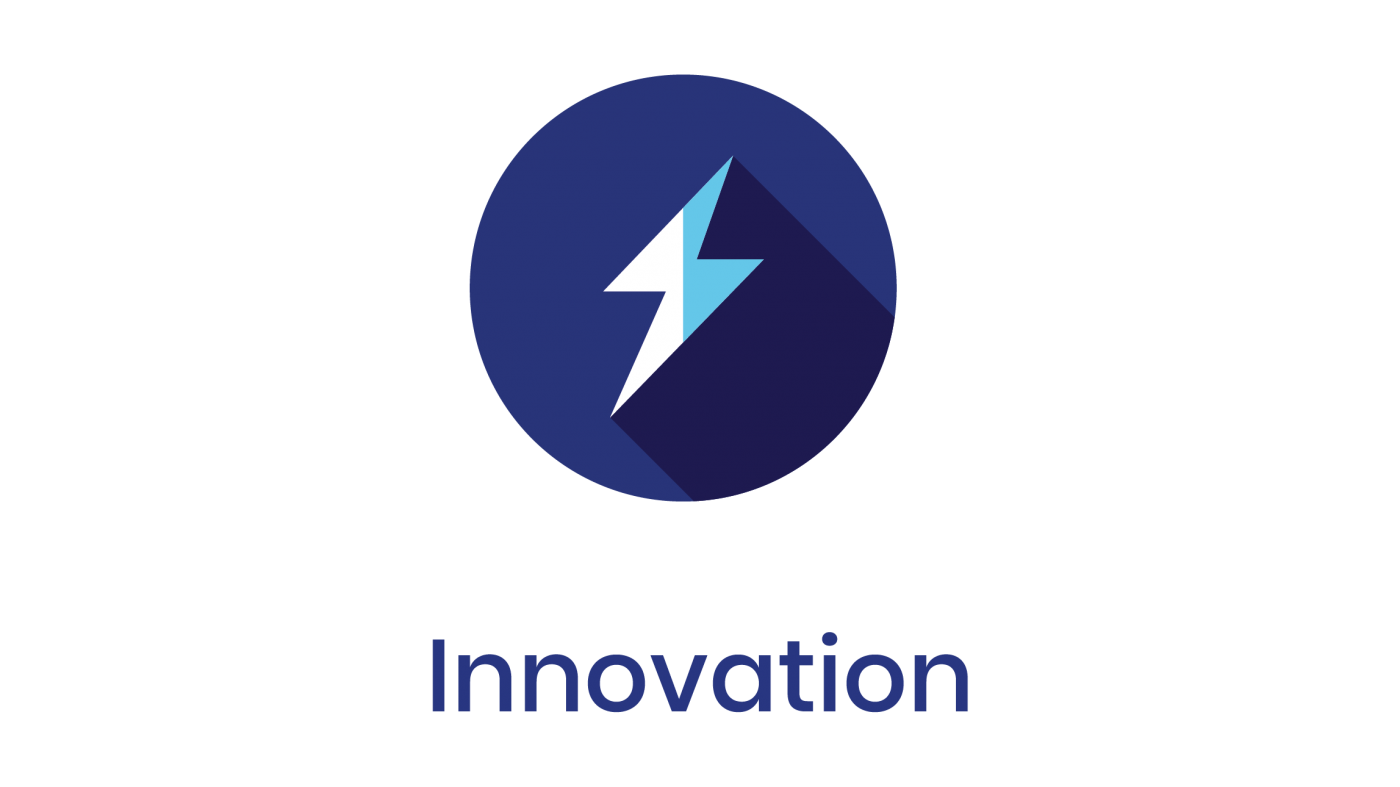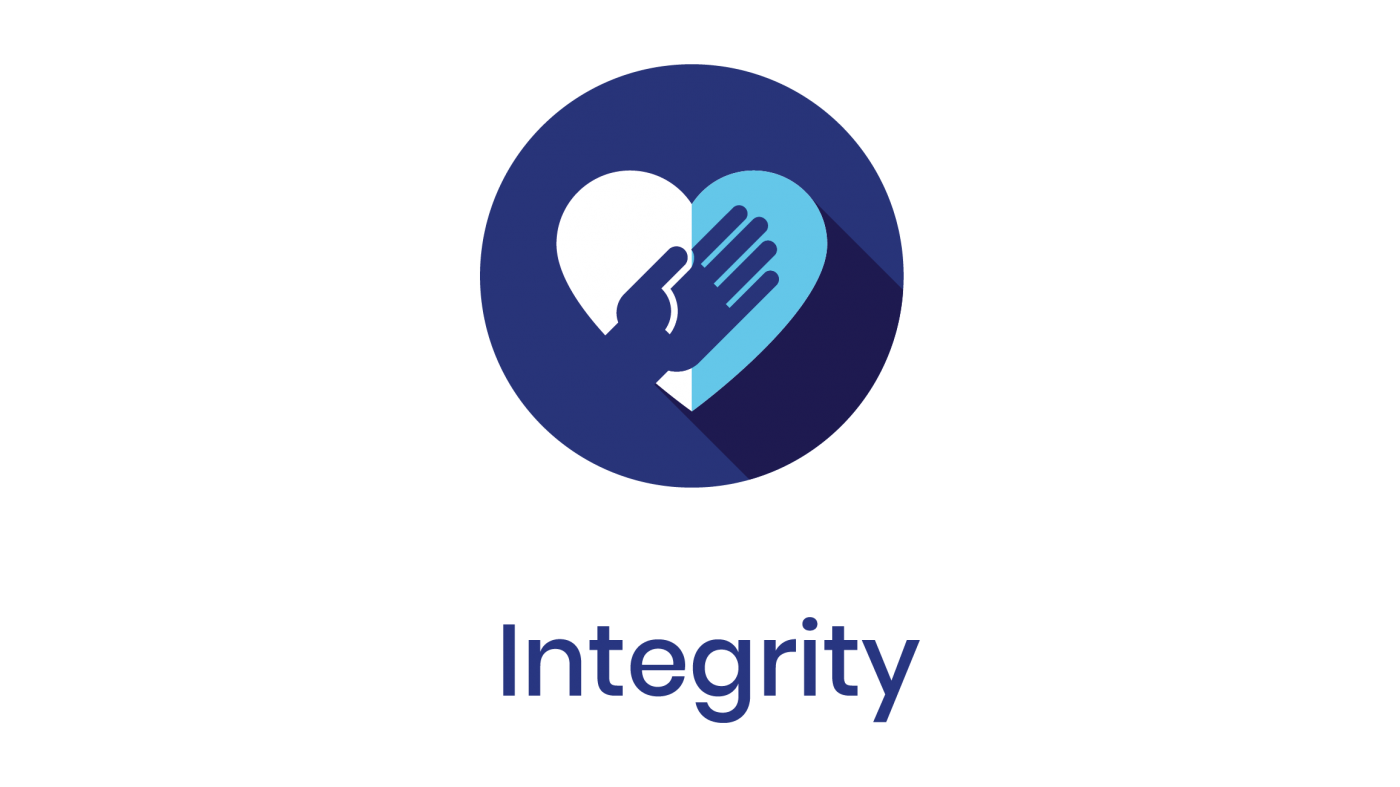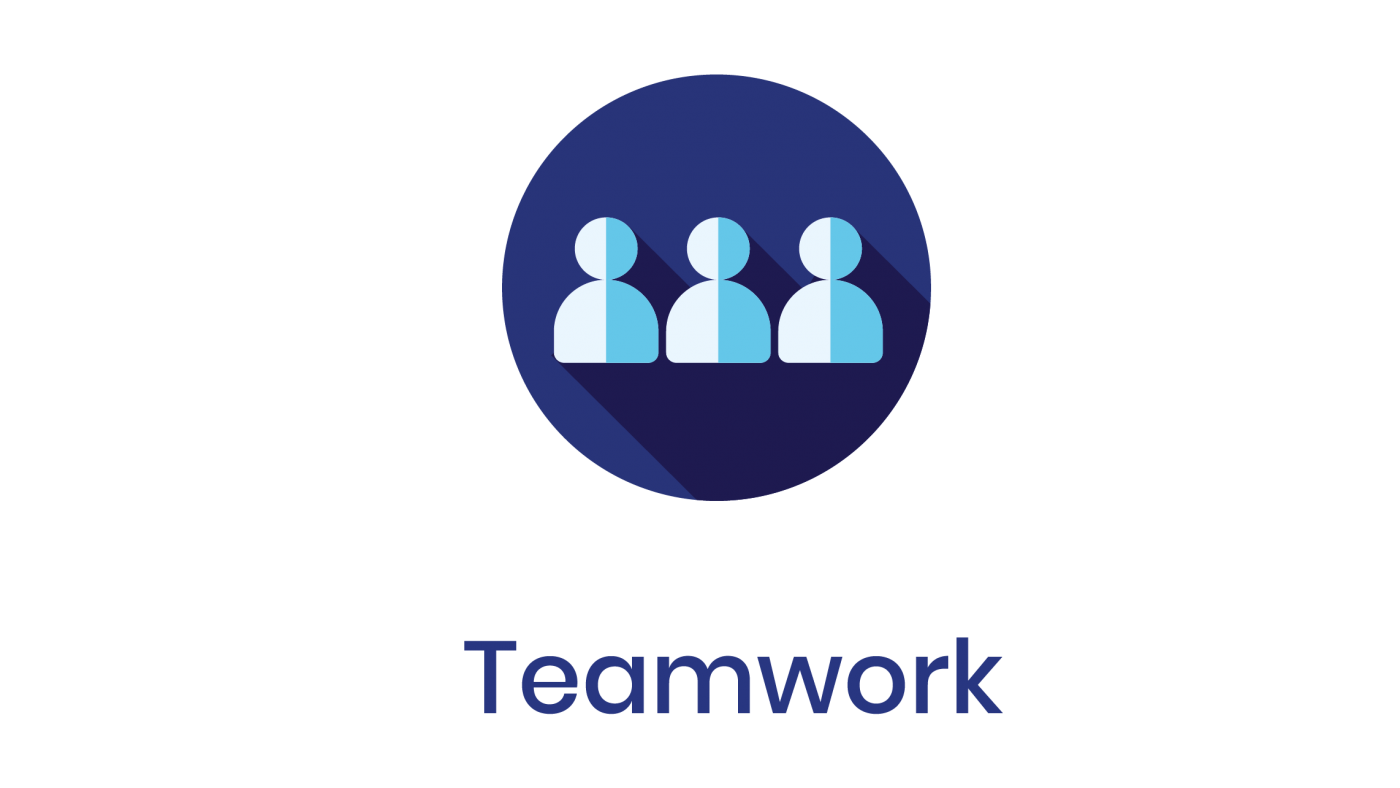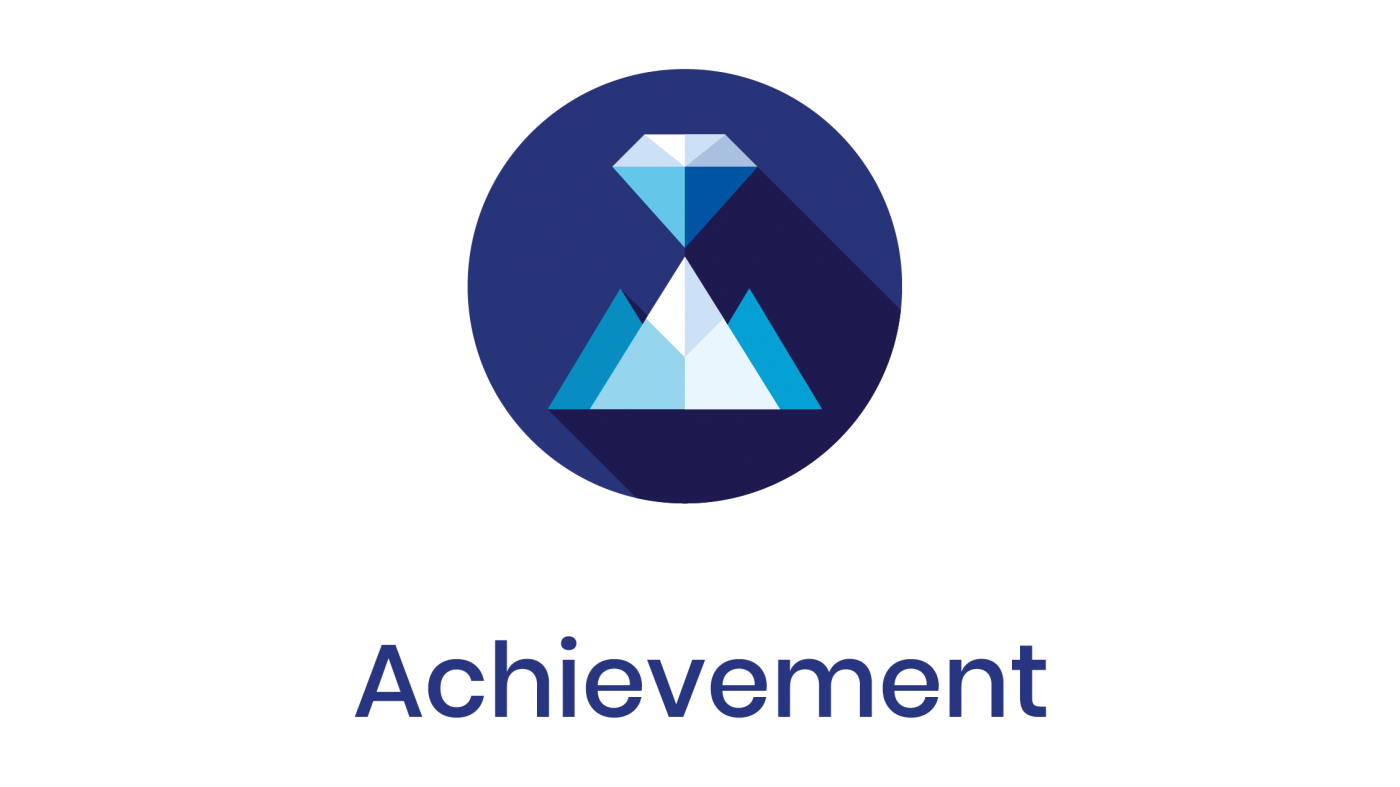Cybersecurity experts: The values that make them tick
How do I guarantee a long-lasting career within cybersecurity? What are the personal values that combine to create cybersecurity's, high achievers? Is cybersecurity the career for me?
The uncompromising, devastating effects of a global pandemic, have undeniably changed life as we once we knew it. While industrial goliaths continue to topple, and those left staggering, are punch-drunk with job-cuts, the tech industry has shone brightly — humankind's very own David.
Whether you're an advocate of Zoom, cheer for Microsoft Teams, or an expert in breaking down cardboard boxes, emblazoned with the Amazon smile, there is no doubt that tech has eased some of the challenges COVID-19 has hurled our way. That said, it hasn't been plain-sailing for Silicon Valley either.
Zoom bombers. Microsoft's customer data. Even loan applications made as a result of COVID-19, all serve as reminders that for cyber-criminals, nothing is off-limits.
Not everything coded by humans is for the greater good.
The harsh reality is that cyber-criminal organisations are gaining might. Billions made from ransomware, denial-of-service attacks and fraud are being plundered straight back into enhanced tools and superior techniques.
The result? Cyber-attacks continue to surpass their predecessors.
Paul Proctor, Distinguished VP Analyst and author of Gartner's recent report, The Urgency to Treat Cybersecurity as a Business Decision, writes "Every time there is a material cybersecurity incident in the headlines, there is some commentator on TV asking the perennial question: "Why can't they just fix this?" Society treats cybersecurity like a black box of technology. And security people are treated like wizards. Execs give them some money, the wizards cast some spells, and if something goes wrong … somebody made a mistake and … I guess we need some new wizards."
Cybersecurity professionals are no more graduates of Hogwarts, than you or I. Nor do they hold a distinction in Auror – the art of dark wizard catching. They are human beings — people with values.
So let's discuss the personal values that combine to create cybersecurity's, high achievers.
It's no secret that technology moves at lightning speed. In Greg Orme's recent book, The Human Edge, he uses AI to describe this phenomenon "The first industrial revolution unfolded over a century. The progress with AI is visible in years, occasionally months. The most vulnerable – taxi drivers, office administrators, shop clerks, shelf stackers and till operators – may see their jobs made redundant or changed beyond recognition quite soon. It's a lot harder to fight irrelevance than to battle exploitation."
As technology advances, opportunities for malicious attacks on digital systems and networks multiply. For cybersecurity consultants, being responsive is critical. Handling urgent issues with speed and efficiency can significantly alter the extent of any damage.
We can eagerly anticipate advances in our approach to tackling cybersecurity. Be it from castle-and-moat to zero-trust, the elimination of passwords, or dark web data crawlers; there are reasons for optimism. Such advances are exciting. But the writer and philosopher, Aldous Huxley, summed it up well in saying "to be excited is still to be unsatisfied".
A driven, inquisitive nature adds an essential string to your bow when attempting to thwart ever-changing threats.
Cybersecurity experts ask the right questions. "Good questions don't seek to confirm or clarify what you already know. They are open-ended and invite people to explore possibilities." Blinkist.
This level of curiosity enables top consultants to think out of the box and take calculated risks, protecting their organisations in the process.
In Paul Proctor's Gartner report, he goes on to write "Boards and senior executives are asking the wrong questions about cybersecurity, leading to poor investment decisions…Unproductive questions are indicative of poor understanding, and drive attention away from an improved understanding and better investments."
Kai-Fu Lee, a Taiwanese artificial intelligence expert, was quoted as saying "Really, the creative jobs are the ones that are protected, because AI can optimise, but not create."
Creativity is not the sole property of artists, architects, designers, and novelists. Anyone can be creative. For those fighting cyber-crime, it's a must. Embracing the random and exploring chance fosters an open, creative mindset, leading to discovery and transformation.
Regulation, reputation, and risk to the bottom line, all feed executive desire to throw money at the cybersecurity conundrum. But for those tasked with defending organisations, there is often a more fundamental desire — a thirst for protecting people. Networks, systems and programming are a means to an end.
Demonstrating concern over what is right, as opposed to being right. Having the courage to do the right thing, no matter how difficult that may be, and showing that you are the same inside and out, are all integrity traits.
Cybersecurity hosts a range of disciplines under one huge umbrella. Security operations, security administration, risk management, compliance, operational technology security, secure software development, penetration testing and forensics to name several. Every team and individual facet hold the same synergistic goal. To protect consumers, employees and the organisation as a whole. Therefore communication and collaboration are vital.
A career in cybersecurity offers a multitude of rewards. Cybersecurity skills are in high demand, and rapidly changing challenges keep the job interesting, with endless puzzles to solve.
In the (ISC)2 Cybersecurity workforce study 2019, respondents listed their most cherished successes "from becoming the go-to source of information for their colleagues to taking the lead on major security projects. They've raised their profile within the company, served as mentors to other employees and been assigned to leadership positions".
The pace of technology and the importance of data protection has undoubtedly given rise to a new breed of IT professional.
The cybersecurity heroes and heroines of 2020 do not win their battles alone. They hold a specific set of values that make them future-ready.

